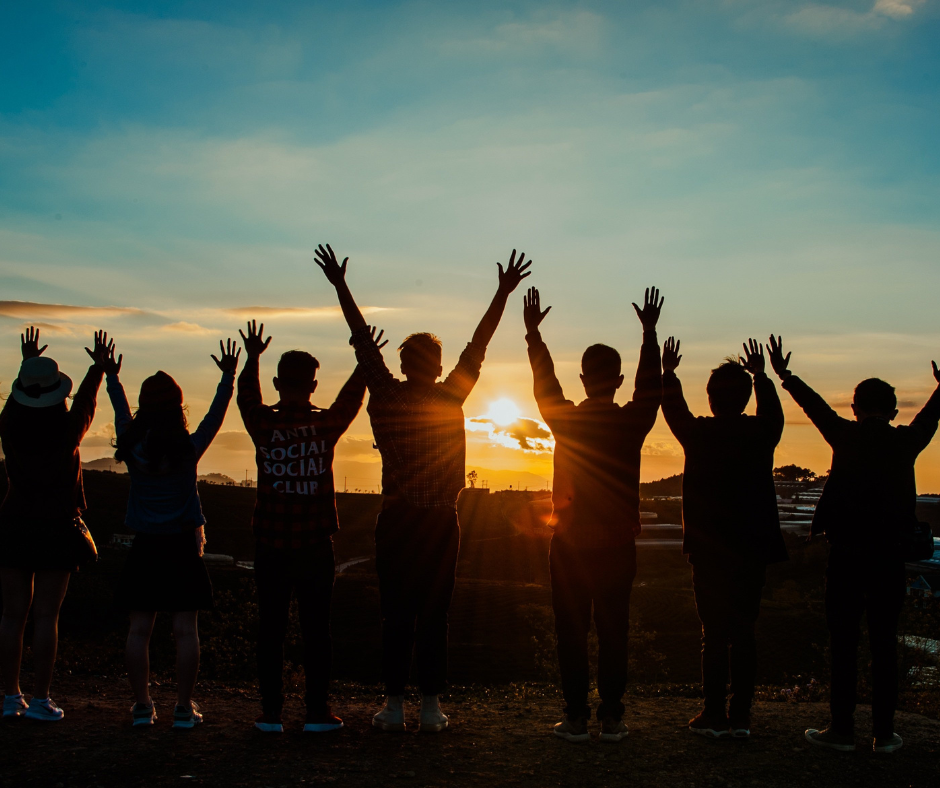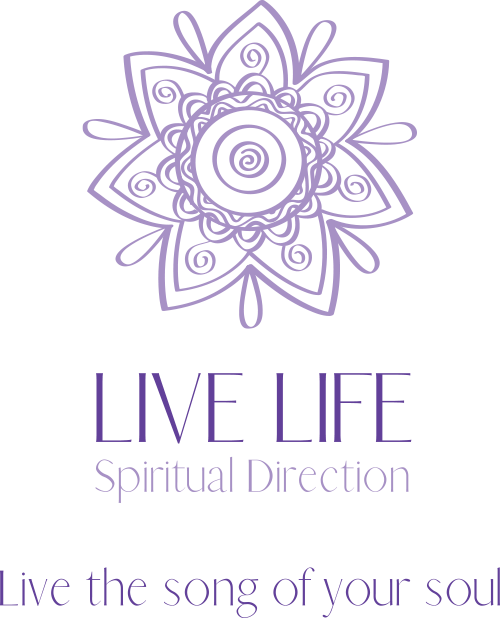Peace will come to the hearts of men when they realize their oneness with the universe. It is everywhere. – Black Elk
As defined by The American Heritage Dictionary, “oneness” is defined in the following ways:
- The quality or state of being one; singleness or wholeness.
- Singularity; uniqueness.
- A state or condition of perfect harmony or accord.
In essence, it’s a state and recognition of unity with all that is. According to Ernest Holmes, founder of the Science of Mind philosophy, while unity is essential to oneness, it does not mean sameness. We can all have our unique qualities and still be “at one”.
But that’s not so easy, is it, to truly feel at one with all?
Perhaps we take a step back and talk about what holds us back from oneness. As defined by The American Heritage Dictionary, consciousness is “a sense of one’s personal or collective identity, including the attitudes, beliefs, and sensitivities held by or considered characteristic of an individual or group”. According to VeryWellMind.com, “Your consciousness is your awareness of yourself and the world around you. This awareness is subjective and unique to you. If you can describe something you are experiencing in words, then it is part of your consciousness.” So herein lies the problem. We all have different attitudes, beliefs, values, and sensitivities that have been shaped by our life experience – parents, teachers, society, trauma, success, failure – all the things of life. It’s more difficult to feel one with others when they believe and act in ways that seem out of alignment with our values.
Strategies for Achieving Oneness
But we can achieve oneness and there are many ways to get there. And before we get too far, let’s acknowledge that humans are not able to be in a state of oneness 24/7. So, please adjust your expectations and be kind to yourself and others. This is by no means an exhaustive list, but it can get you started.
- Meditation: When we commune with ourselves in stillness, we are communing with God. If we can get comfortable with our own being and accept ourselves, it’s easier to be open to others.
- Time in nature: When we spend quiet, mindful moments in nature, we can feel a sense of harmony with our environment. Perhaps that is because nature has always been a part of our experience as human beings, before there were synthetically made buildings, cars, and cell phones.
- Uncovering and transforming false beliefs: A false belief is formed by our past. For example, an overly critical parent might shape the way we see ourselves. Typically, that manifests as feelings of unworthiness. That, in turn, could propel someone to become an over-achiever and/or a people-pleaser, lacking the boundaries to ever put themselves first. It could also instigate a lack of ambition, thinking that they are no good anyway, so why even try. When we think that we are “not good enough”, it can cause us to become highly critical of ourselves and others. We can transform these false beliefs through spiritual coaching or a self-directed deep dive into our patterns. Lest we start blaming our parents (or anyone else), please remember that everyone is a product of their upbringing and environment.
- Curiosity over judgment: Since we now realize that everyone is shaped by their life experiences, perhaps we can approach others that have differing views, attitudes and ways of being with more grace. Instead of judging someone, ask questions. Why do you believe that? Why did you do that? Give others the benefit of the doubt. If we want to solve our many world problems, we really need to start here.
We are all children of God. If we all had the same truth, the world would not have the beauty we have through diversity. When we let others have their own truth, we have peace. Won’t you join me on this quest? I think it’s worth it.
About the author, Denise Maple
Source: Ernest Holmes, The Science of Mind and Centers for Spiritual Living, Advanced Consciousness Studies



